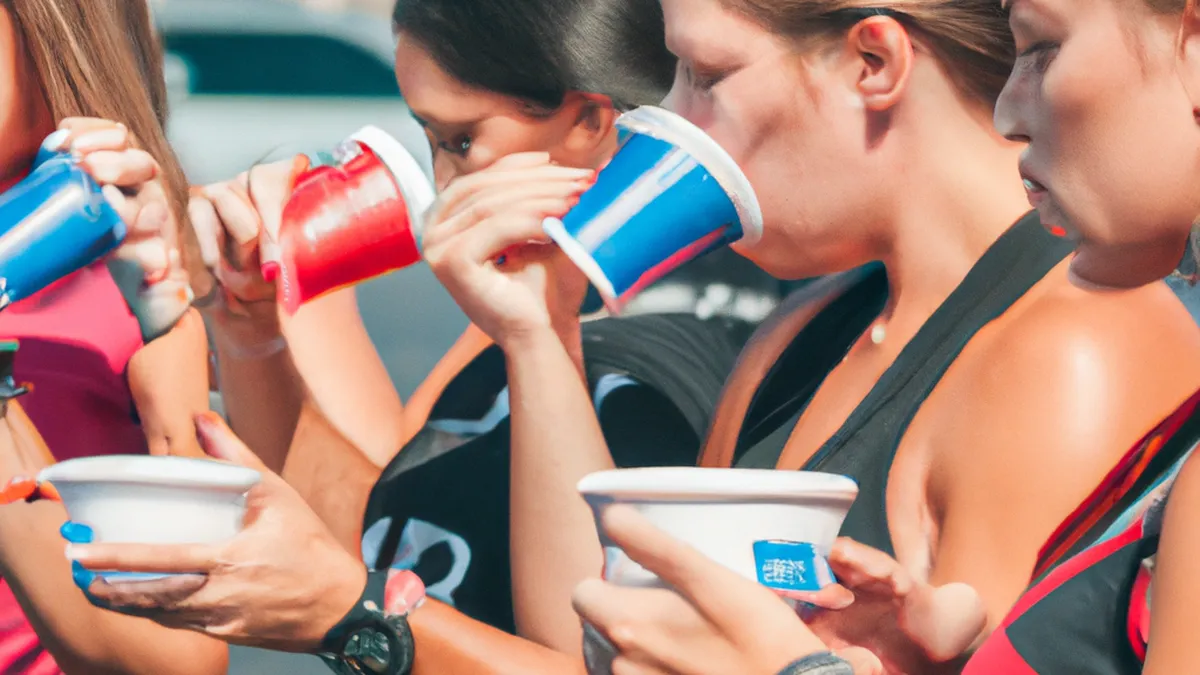Nutrition vs Recovery: Fueling Female Athletes
Nutrition Considerations for Female AthletesFemale athletes have unique nutritional needs that enhance performance and support recovery. Understanding these needs maximizes athletic potential and prevents injuries. This guide highlights essential nutrition considerations for female athletes, focusing on macronutrient balance, micronutrients, hydration, and overall nutrition benefits.
As an Amazon Associate I earn from qualifying purchases.
Gear tip: consider soft flask, white noise machine, and electrolyte mix to support this topic.
Macronutrient Balance
Female athletes need appropriate macronutrient intake: carbohydrates, proteins, and fats. Each plays a vital role in fueling performance and supporting recovery.
Carbohydrates: The Energy Source
Carbohydrates serve as the primary energy source for high-intensity exercise. Female athletes should prioritize complex carbohydrates for sustained energy. Whole grains, fruits, vegetables, and legumes are excellent options.Incorporating carbohydrates before and after workouts enhances performance and recovery. For example, a banana or oatmeal before training provides necessary energy. Post-exercise, a carbohydrate-rich snack like a fruit and yogurt smoothie replenishes glycogen stores.
Proteins: Building Blocks of Recovery
Protein is crucial for muscle repair and recovery. Female athletes should consume adequate protein to support training intensity and goals. Lean meats, poultry, fish, dairy, beans, lentils, tofu, and nuts offer excellent protein sources.Eating protein-rich snacks after workouts promotes muscle recovery. Studies show that consuming protein within 30 minutes post-exercise enhances muscle repair and growth, improving performance in future sessions.
Healthy Fats: Essential for Hormonal Balance
Healthy fats support hormone production, energy levels, and overall health. Female athletes should include avocados, olive oil, nuts, seeds, and fatty fish in their diets. These fats provide energy and support anti-inflammatory processes.Healthy fats also contribute to hormonal balance, which is crucial for female athletes. Hormonal fluctuations can affect energy, mood, and performance. A diet rich in healthy fats helps maintain hormonal stability, enhancing athletic performance and overall well-being.
Micronutrient Focus
Micronutrients play a vital role in health and performance. Female athletes should monitor their vitamin and mineral intake to meet their unique nutritional needs.
Iron: Preventing Deficiencies
Iron is critical for female athletes, especially those who menstruate. They face a higher risk of iron deficiency. Low iron levels can lead to fatigue and decreased performance.
Conclusion
Proper nutrition is essential for female athletes. Prioritizing macronutrients, micronutrients, and hydration enhances performance and supports overall health.
Below are related products based on this post:
FAQ
What are the key macronutrients that female athletes need?
Female athletes require a balanced intake of carbohydrates, proteins, and fats. Carbohydrates serve as the primary energy source, while proteins are essential for muscle repair and recovery. Healthy fats support hormone production and overall health.
Why are carbohydrates important for female athletes?
Carbohydrates are crucial as they provide the primary energy source for high-intensity exercise. Female athletes should focus on consuming complex carbohydrates, such as whole grains, fruits, and vegetables, to ensure sustained energy for their performance.
How does protein intake affect female athletes?
Protein intake is vital for muscle repair and recovery in female athletes. Consuming protein-rich snacks after workouts can enhance muscle recovery and improve performance in subsequent training sessions. It is recommended to consume protein within 30 minutes post-exercise for optimal benefits.















Post Comment